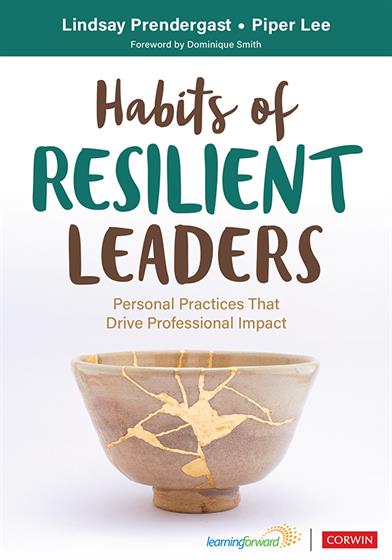
This book helps leaders reexamine their own resilience and learn practical habits for a successful career as a school leader. The authors push you to think about how to set your own boundaries and create a meaningful space for feedback, protecting your ownwell-being while navigating your school toward a true vision.

This book is a must-read for every school leader looking to nurture their resiliency skills, while empowering educators to do the same. Discover practical strategies to lead with self-care, grace, and resilience, even in the most challenging times! This book will help you be the leader every educator needs.

This book is a must-read for every school leader looking to nurture their resiliency skills, while empowering educators to do the same. Discover practical strategies to lead with self-care, grace, and resilience, even in the most challenging times! This book will help you be the leader every educator needs.

This book is one of the best I have read in a long time and so needed at this time when burnout is high and leaders have spent the past several years focusing on staff, permission to take care of themselves and improve as leaders is desperately needed.

This book is like hiring your own personal leadership coach. The authors understand that real learning follows a metacognitive cycle of self-reflection, goal-setting, and new learning, and it means that the very practical lessons for leadership from this book won’t be read and forgotten—they will lead to powerful changes in your leadership practices.




